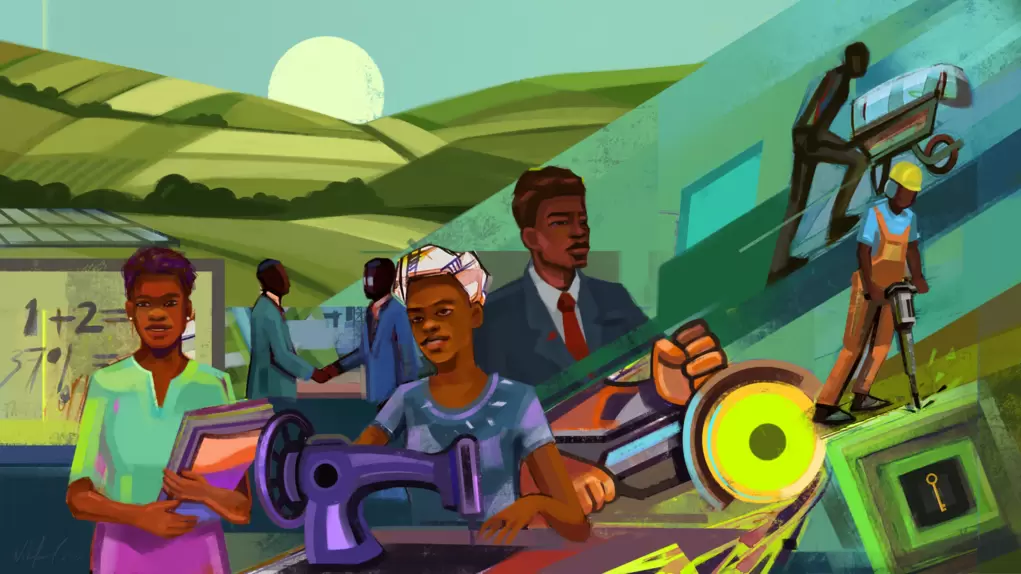What’s the challenge?
African economies face the dual challenges of high unemployment and low productivity. In urban areas, the lack of salaried jobs means that many young, working-age people must decide whether to relocate, work informally, or remain unemployed, resulting in them becoming disenchanted and sometimes violent in the absence of prospects, while depriving cities of what could be a natural engine of growth. Even if salaried jobs exist, job search frictions, skills and knowledge gaps, financial constraints, or health problems, might lead to job mismatches, lowering expected productivity and stalling economic growth. In rural areas, remoteness means that poor access to healthcare aggravates low productivity from employees’ sick days and absences. Obstacles to the smooth functioning of the labour market extend to societal norms, which may for instance limit female workforce participation, or lead to gender-based job segregation, thereby reducing economic efficiency. Failing to address these constraints will hamper long-term economic growth. By 2050, Africa will be home to nearly half of the world’s young workers entering the labour force for the first time. Thus, before creating jobs for them, we must remove obstacles to the functioning of the labour market, so that they can enter a market which functions smoothly.
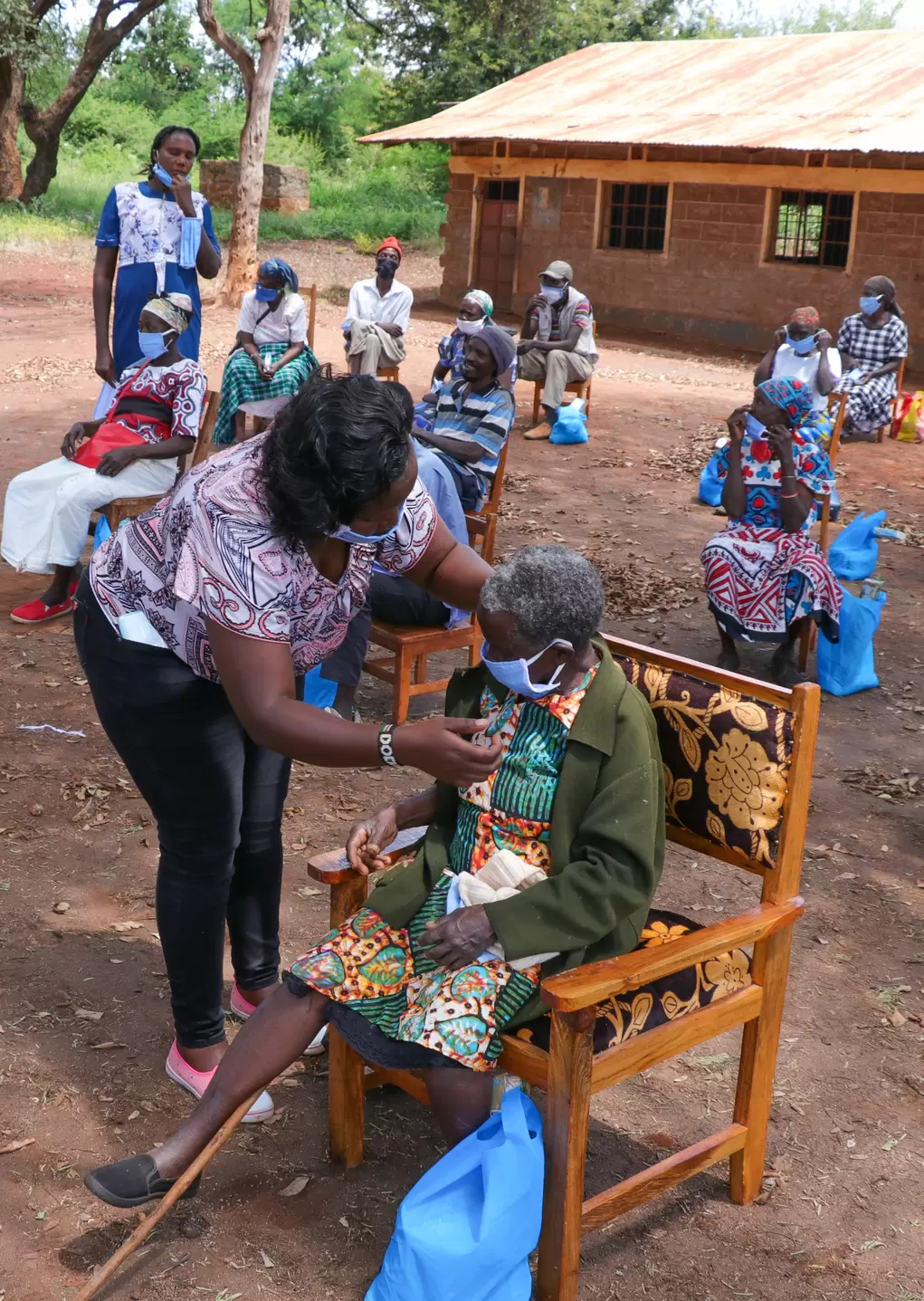
What we’re doing about it.
We are working towards our mission goals by focusing on three types of constraints: (1) structural; (2) financial; and (3) health.
In terms of structural constraints, we have witnessed mismatches between private employer needs and the skills provided by the education system, which exacerbate unemployment. We have also seen persistent pockets of unemployment, particularly in the young unskilled labour force, hence we created a Technical and Vocational Training Centre in Hargeisa, Somaliland, to address these problems. We focus the training on subjects that could lead to direct employment after training, such as solar electrical training, painting and decorating, or plumbing. Graduates are given placements in private companies to facilitate access to formal employment. Meanwhile, lack of urbanisation in rural Ethiopia has limited farmers’ access to financial services, storage facilities and transportation of inputs and technologies. Hence we created a four-year diminishing subsidy initiative, over which an investment of approximately USD 500 per farmer is channelled towards the distribution of improved seeds, fertilisers, and customised training sessions. In health, we have created joint diagnostic and clinical services in Benishangul-Gumuz, which facilitate illness treatment as the first step towards a more productive labour force.
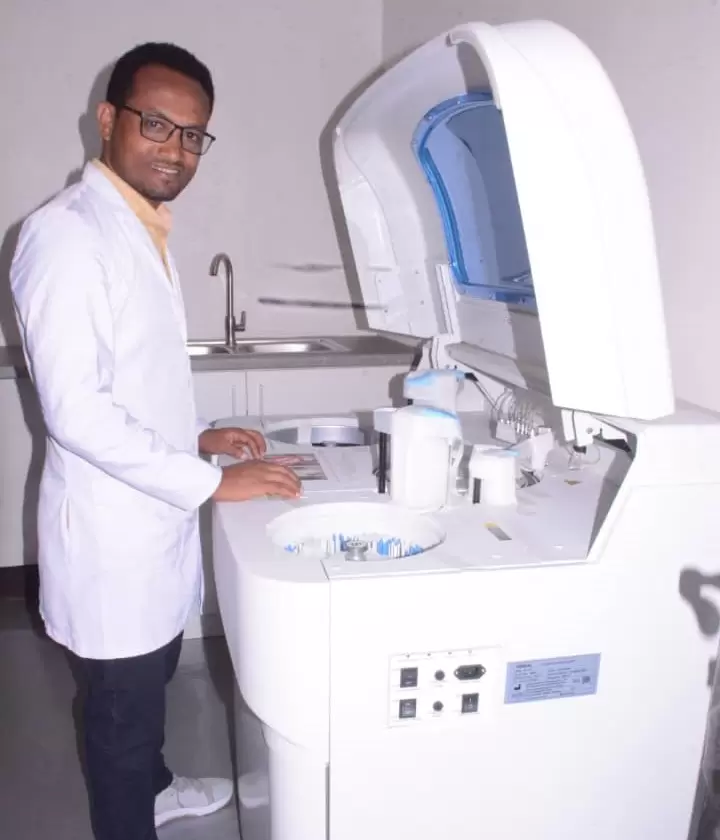
A selection of productivity projects
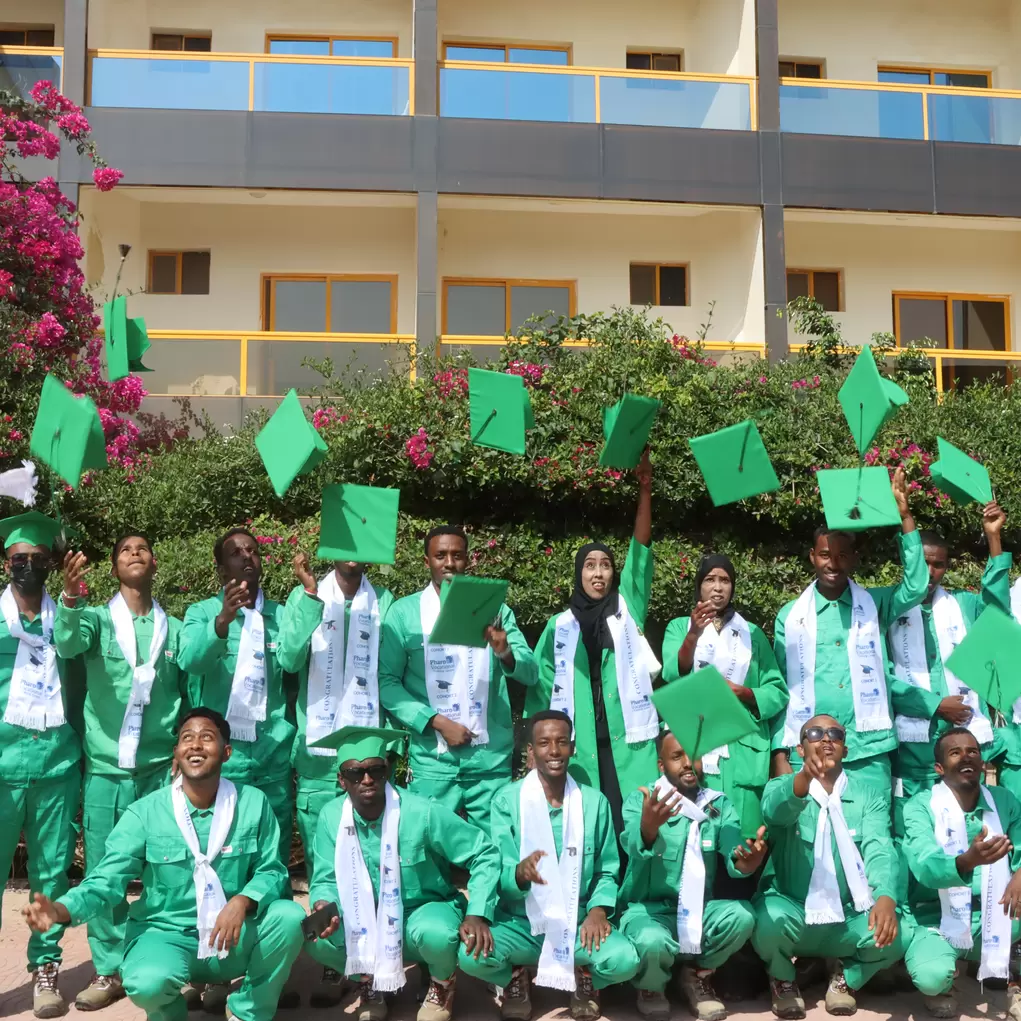
TVET
Pharo Foundation’s Technical Vocational Education and Training (TVET) program aims to develop the technical skills of Somaliland youth aged 18 to 30 years old.

NCD management
By improving access to diagnostic services, we aim to reduce the premature mortality and increased morbidity associated with non-communicable diseases.
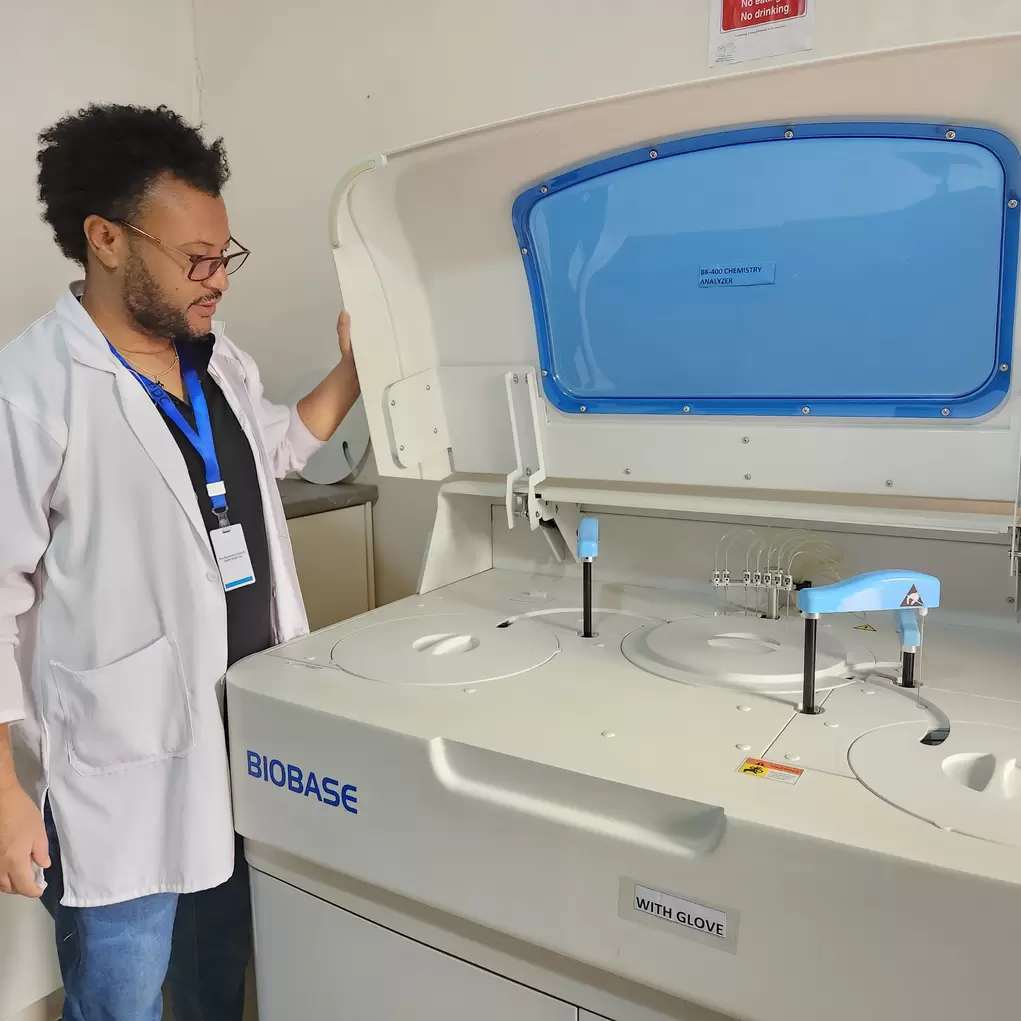
PDCS
Pharo Foundation launched the Pharo Diagnostic Centre in 2022 to bolster the speed and accuracy of medical test results for patients in Assosa, thereby enhancing health service quality and productivity.
